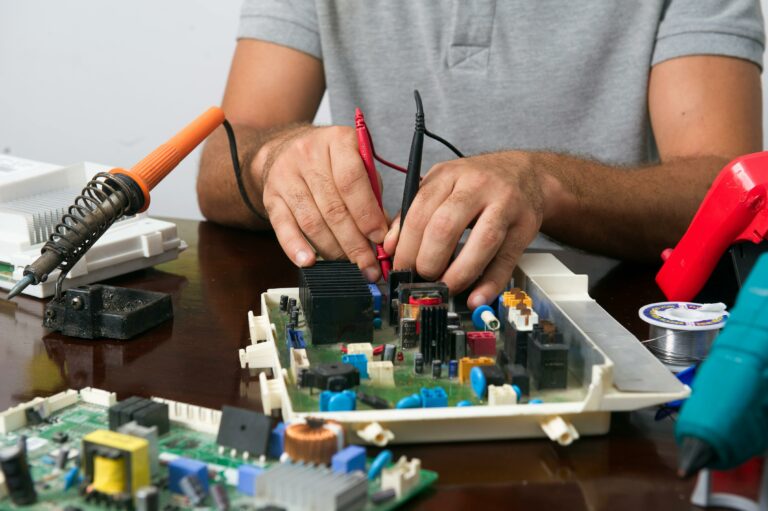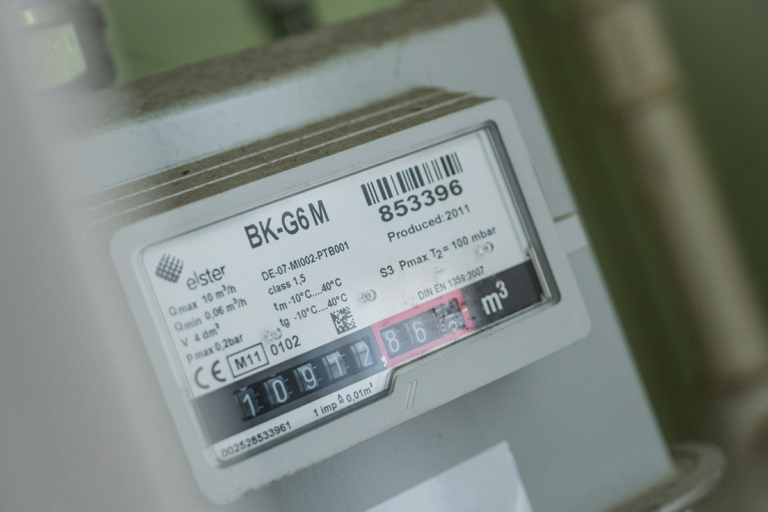
Startups and fast-growing companies are increasingly turning to refurbished IT solutions to scale efficiently. By reusing technology, these businesses can significantly reduce their carbon footprint while maintaining operational efficiency. This approach not only supports environmental objectives but also offers substantial cost savings.
In the competitive landscape of startups, leveraging refurbished IT equipment stands as a powerful strategy. Companies looking to expand without compromising environmental integrity find value in secondhand technology. As you explore ways to sell phone systems, integrating pre-used hardware into your infrastructure can enhance scalability. The benefits of this approach extend beyond just environmental impact; they include financial savings and improved resource management.
Why Refurbished IT Is a Game-Changer for Startups
Refurbished IT platforms are pivotal in promoting eco-friendly business growth. By opting for secondhand equipment, businesses can diminish electronic waste and minimize their environmental footprint. This practice aligns with global sustainability goals and helps in conserving natural resources by reducing the need for new manufacturing processes. The economic advantage is equally compelling, as refurbished technology often comes at a fraction of the cost of new equipment.
For startups aiming to scale efficiently, refurbished hardware provides an affordable alternative without sacrificing quality. These technologies undergo rigorous testing to ensure they meet industry standards, offering reliability comparable to brand-new counterparts. Moreover, adopting refurbished solutions can free up capital that would otherwise be spent on expensive new technology, allowing companies to invest in other critical areas.
Another advantage is the flexibility offered by refurbished IT systems. As businesses grow, their technological needs evolve; secondhand equipment can be easily upgraded or replaced without significant financial burden. This adaptability ensures that companies remain competitive in a rapidly changing tech landscape while maintaining sustainable practices.
The market for refurbished IT equipment has matured significantly, offering enterprise-grade solutions with comprehensive warranties and support. Many vendors now provide detailed documentation of component history, performance metrics, and maintenance records. This transparency helps businesses make informed decisions while maintaining compliance with industry regulations. Additionally, refurbished equipment often comes with professional installation services and ongoing technical support, ensuring seamless integration into existing infrastructure.
Strategic Approaches to Manage Outdated Equipment
Efficiently handling old or outdated IT equipment is crucial for maintaining a sustainable operation. Businesses should consider strategies that extend the life cycle of their technology assets, such as refurbishing or reselling them within the tech ecosystem. By doing so, they contribute to a circular economy where resources are reused rather than discarded.
A strategic approach involves assessing which components can be refurbished and reintegrated into operations or sold to other entities in need of such resources. This not only reduces waste but also generates revenue that can be reinvested into newer technologies or other business areas. Companies specializing in the resale of used telecommunications equipment facilitate this process by connecting sellers with potential buyers efficiently.
The decision to sell phone systems responsibly is another critical element of this strategy. It involves ensuring that equipment is handled according to environmental regulations and standards, minimizing any negative impact on the planet. Implementing these practices demonstrates a company’s commitment to sustainability and responsible resource management.
Real-World Examples of Refurbished IT Success
Numerous startups have successfully integrated refurbished IT solutions into their operations with impressive results. For instance, a tech startup managed to cut its operational costs significantly by switching to refurbished servers and networking equipment. This transition enabled the company to channel savings into research and development, fostering innovation without financial strain.
Another example involves a healthcare startup that adopted secondhand technology as part of its sustainability initiative. By refurbishing existing hardware rather than purchasing new units, the organization not only reduced its environmental impact but also enhanced its service delivery capabilities through strategic reinvestment of saved funds.
These success stories underscore the feasibility and advantages of adopting refurbished solutions across various industries. They highlight how companies maintain high performance levels while adhering to eco-friendly principles, setting a precedent for others in their sectors.



